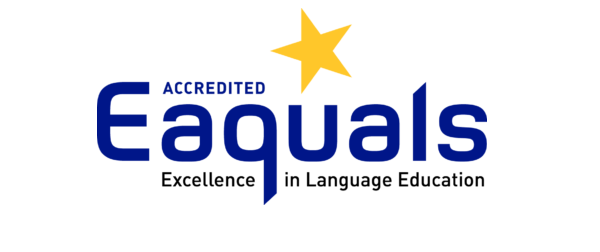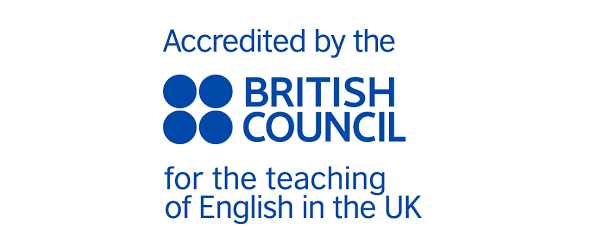This module offers you a wide-ranging view of the philosophical and theoretical roots of autonomous learning, and its various practical applications in language education.
Upon completion, you will have developed your awareness of principles and practice relating to learner autonomy in language education, and will have applied these principles to your own professional context.
This module carries 30 credits.
Is this course for you?
Postgraduate Certificate, Diploma or MA awarded by University of Chichester
Course content
Assessment
A portfolio (50%) containing TWO of the following three options:
- A detailed learner needs analysis.
- A detailed plan to promote learning autonomy in a specified group of learners.
- A one-hour workshop outline on developing a specified aspect of learner autonomy.
A 3,000-word assignment (50%) reporting original research into the development of learner autonomy in English language teaching. You have the choice of a status report on the implementation of a learning plan, or a case study on a specified learning context, depending on which portfolio assignments you opt for.
Further Information
Like other NILE Online courses, this module is broken down into individual units and activities, forming a clear structure. However, because of the nature of this module, you will find the interaction different from other NILE Online courses. You work independently rather than with a group and the purpose of forums, Padlets and other interactive elements on this course is for you to publicly display your thoughts on the different topics as they relate to your context, and for those thoughts to act as springboards for others. Periodically, we will edit these to create space for more. Please note that:
- tutors will periodically respond to posts in interactive activities
- you may not receive responses to your posts until other participants come to those activities while studying at their pace
- you can receive help from your tutors at any time, but you will have control over when to ask for it when you need it.
You need a computer and an internet connection. Much of the course can be done on a mobile device, but a computer is needed for certain activities and tasks.
Participants have access to NILE's extensive ELT e-library and an innovative social and cultural programme. All NILE Online courses include an element of professional language development, i.e. language related to course content and/or the classroom.
MA Module Leader: Alan Mackenzie

Alan is currently based in Norwich after 25 years in Asia. Starting as a language teacher in Japan, he completed his MA TESOL with Teachers College Columbia University and moved onto teaching in universities and colleges. After relocating to the UK, he was Academic Director at NILE until 2017. He is currently a director of TransformELT.
His particular areas of interest are CLIL, integration of thinking skills, fostering autonomy (learner and teacher), assessment and materials design. He is also interested in monitoring and evaluating educational change projects, particularly defining what actually works and how we can measure it.
Available dates:
| Course dates | Location | Course length | |
| Start at any time | Online | 36 weeks |



